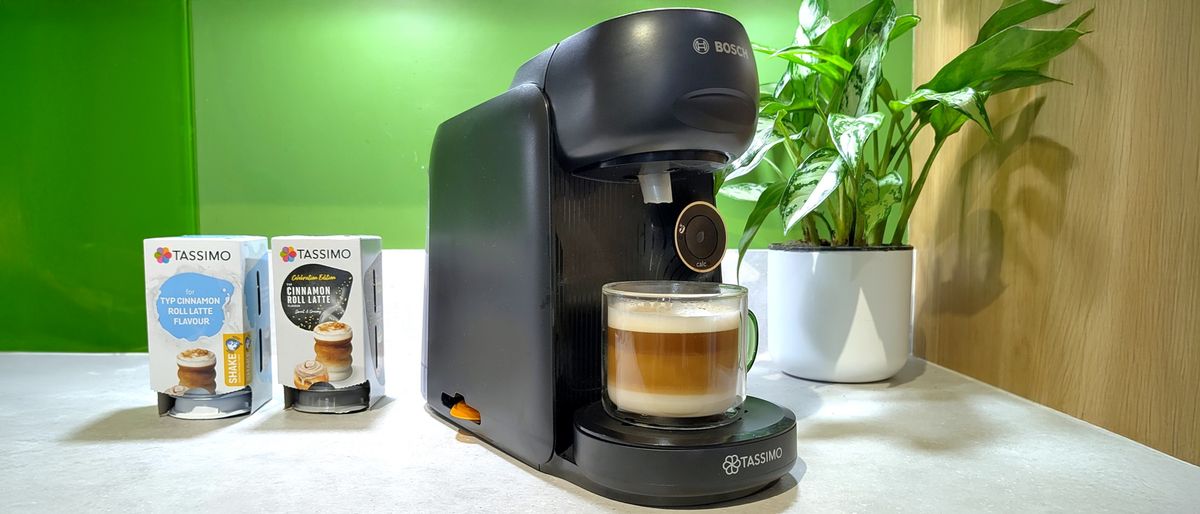The case for Ozempic as a dementia buster is building. Research published this week has found that GLP-1 drugs are associated with a lower risk of dementia in people with type 2 diabetes.
Researchers in Ireland led the study, a review of the existing evidence. Compared to controls (like other forms of medication or a placebo), people on GLP-1 therapy were significantly less likely to be diagnosed with dementia, the researchers found. Other scientists and pharmaceutical companies have already begun to test these drugs in clinical trials for dementia prevention.
Ozempic, Wegovy, and similar drugs mimic the hormone GLP-1, which helps regulate our blood sugar and appetite (the drugs are made with the active ingredient semaglutide). These drugs were first approved to lower blood sugar in people with type 2 diabetes, but are now commonly also used to treat obesity.
People with poorly controlled diabetes are at higher risk for Alzheimer’s and other forms of dementia, and recent clinical trials have additionally shown that GLP-1 therapy can reduce the odds of cardiovascular disease, another risk factor for dementia. But according to the researchers behind the new study, there has been a “lack of robust evidence” supporting the use of heart-protective, glucose-lowering drugs like GLP-1s to prevent dementia in people.
The researchers analyzed data from 23 randomized, placebo-controlled trials of GLP-1 drugs and other glucose-lowering medications like SGLT2is. These trials involved roughly 160,000 volunteers and explicitly tracked whether anyone developed dementia or cognitive impairment during the study period.
The team failed to find a link between the overall use of these drugs and a lower risk of dementia or cognitive impairment compared to controls. But when they looked at drug classes separately, they found that GLP-1 drugs did appear to stand out from the rest.
“In this meta-analysis of randomized clinical trials, glucose-lowering therapy with GLP1-RAs, but not SGLT2is or pioglitazone, was associated with a statistically significant reduction in dementia or cognitive impairment,” the researchers wrote in their paper, published Monday in JAMA Neurology.
The findings are not the first to suggest a potential dementia-buffering effect from GLP-1 therapy. A study published earlier this January, for instance, found some evidence that liraglutide (an older GLP-1 drug) could reduce the rate of brain shrinkage in people with Alzheimer’s (Gizmodo covered the study last year when its preliminary results were first disclosed). Another review published last year also concluded that GLP-1 drugs may have possible “metabolic and neuroprotective benefits” in people with Alzheimer’s.
It’s not exactly clear how GLP-1s might protect the brains of people with early dementia or at higher risk for it, though some scientists have speculated that these drugs may reduce inflammation or improve how our brain cells communicate. It also remains to be seen how impactful this protective effect will really be, if it is genuine. But bolstered by the early data, Novo Nordisk, the makers of Ozempic and Wegovy, have launched two large-scale phase III trials testing semaglutide for people with early Alzheimer’s disease, which are expected to wrap up next year. So soon enough, we’ll hopefully have some concrete answers to these questions.









 English (US) ·
English (US) ·